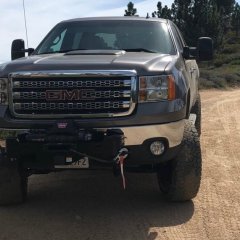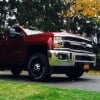Engine Pings on 87 Octane... Everyone or just me?
-
Similar Content
-
- 3 replies
- 6,363 views
-
- 5 replies
- 14,135 views
-
- 19 replies
- 2,136 views
-
- 2 replies
- 2,653 views
-
-
Recently Browsing 0 members
- No registered users viewing this page.
-
Forum Statistics
246k
Total Topics2.6m
Total Posts -
Member Statistics
-
Who's Online 17 Members, 1 Anonymous, 1,890 Guests (See full list)

















Recommended Posts
Join the conversation
You can post now and register later. If you have an account, sign in now to post with your account.